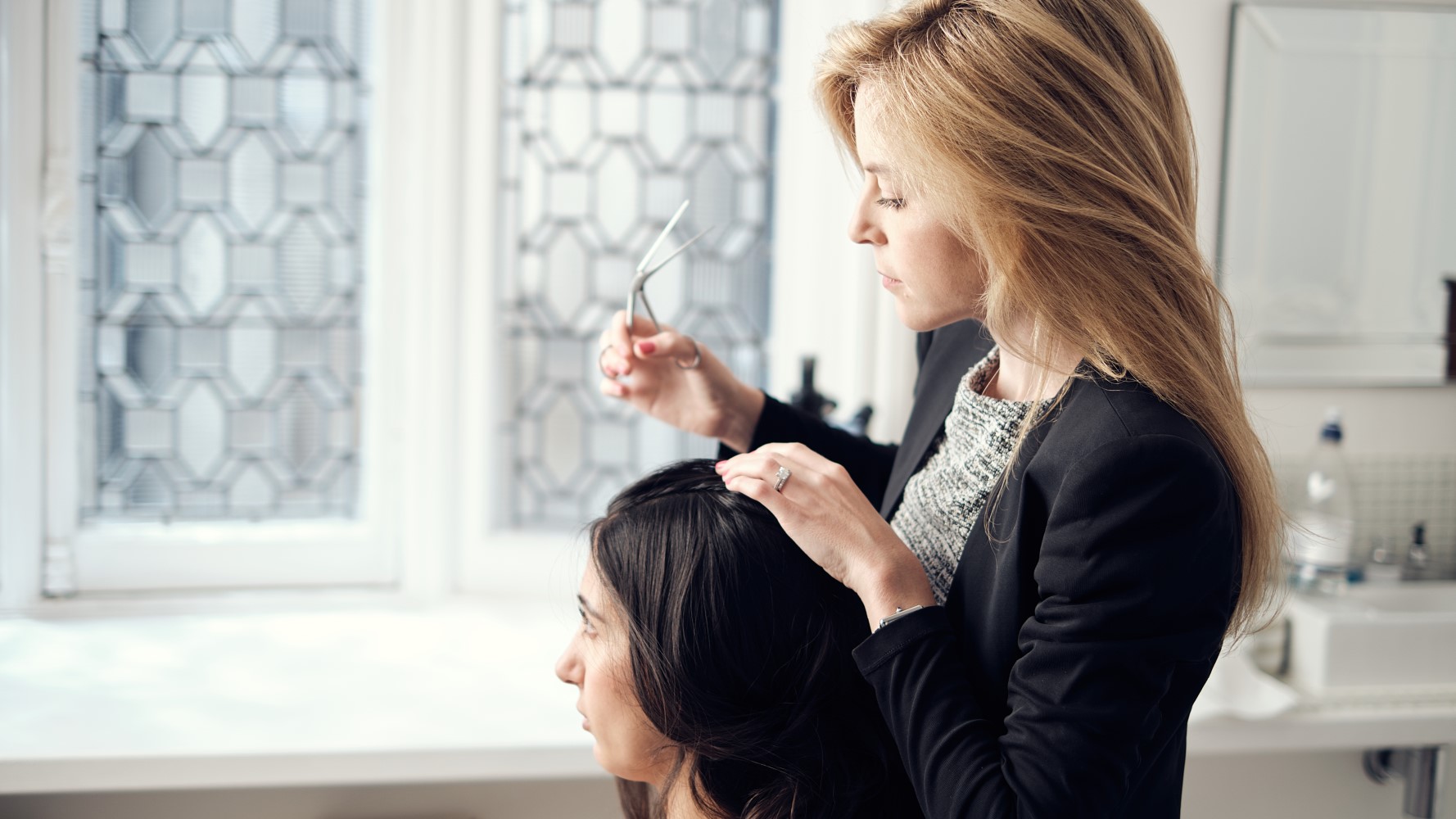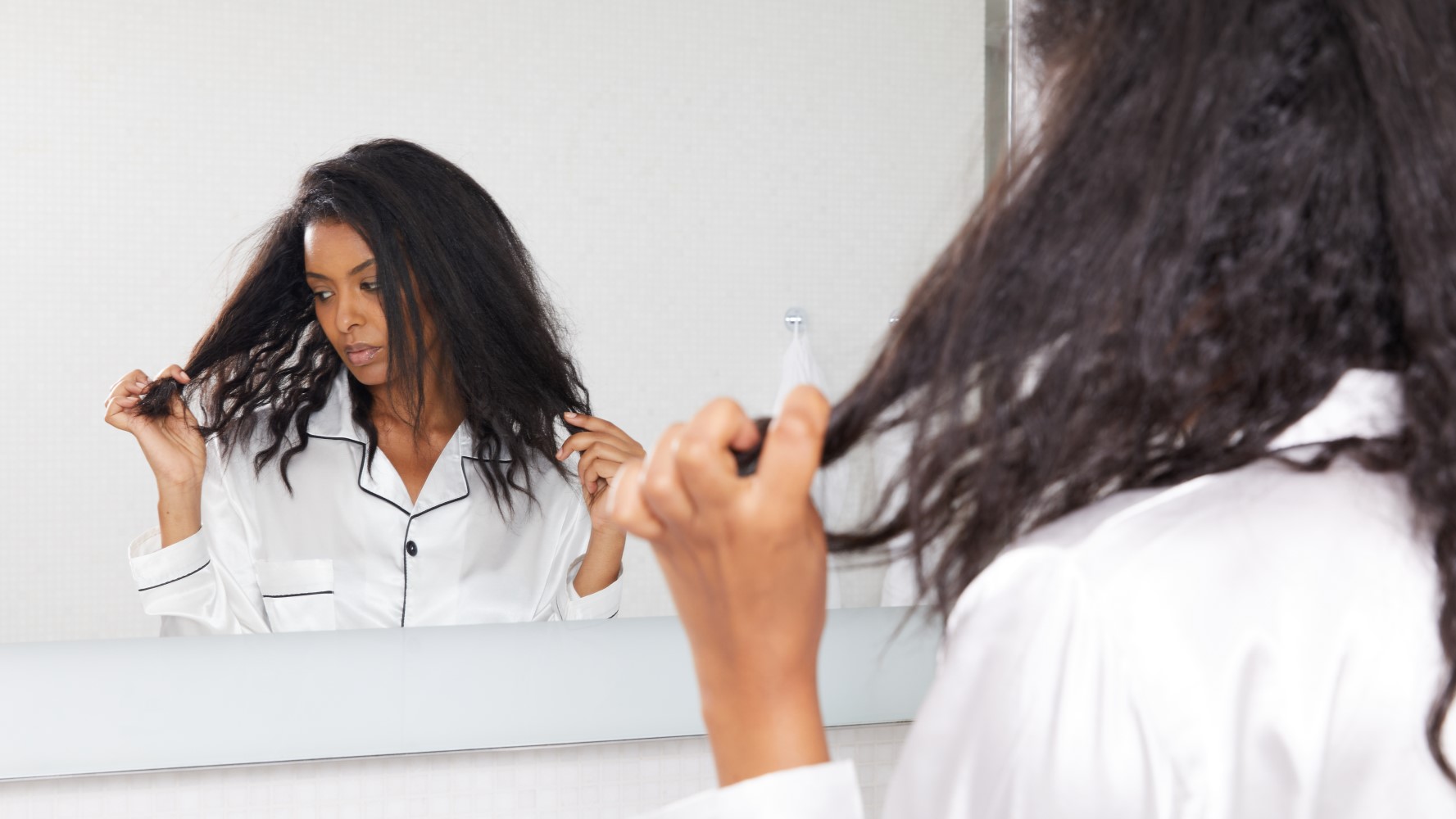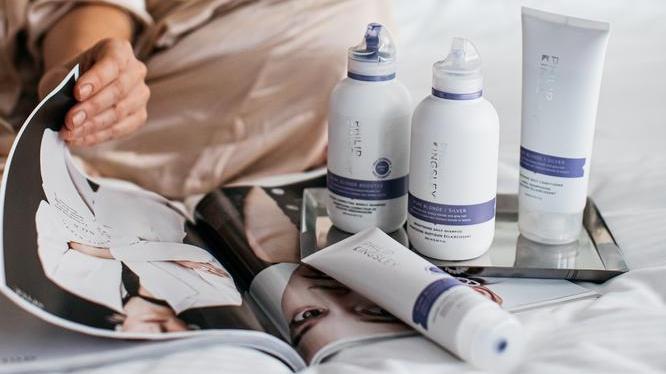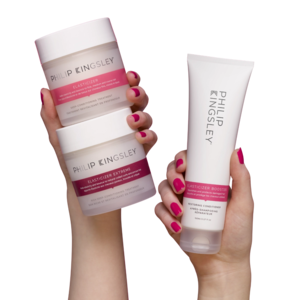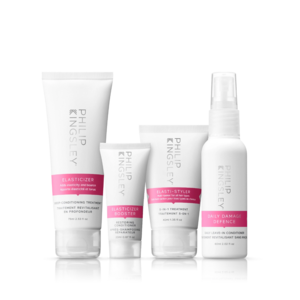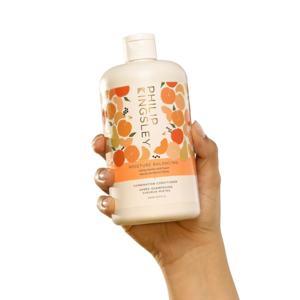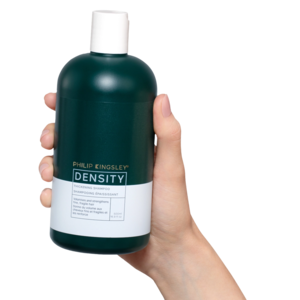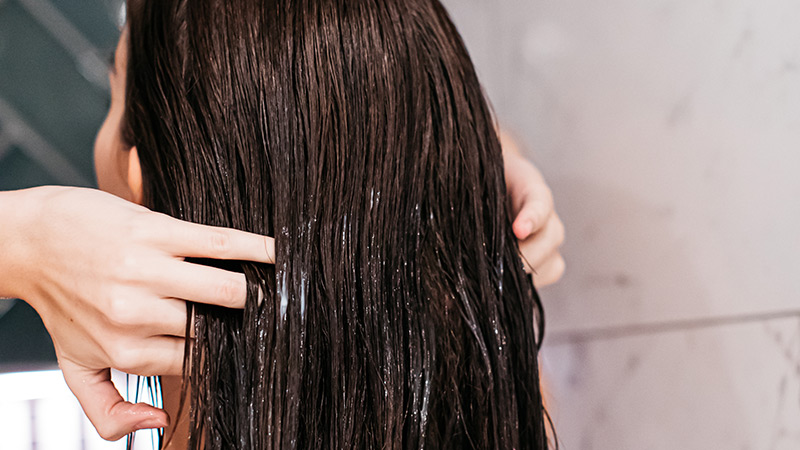CLINIC CONSULTATIONS
To find out more about how you can maximise your hair health and growth, come and see us at one of our Clinics where we will be delighted to welcome you.
Understanding The Link Between Zinc & Hair Health
Zinc is an essential mineral that your body cannot produce on its own. For this reason, it must be obtained through dietary sources. It contributes to numerous processes that support healthy hair growth and scalp function. Adequate zinc levels help hair stay strong and resilient, while maintaining a healthy scalp environment. Without enough zinc, hair can become weak, brittle and more prone to shedding.
Zinc supports the health of your hair in several ways:
Protein synthesis: Zinc helps produce keratin (the primary protein in hair) which strengthens strands and maintains their structure.
Scalp and follicle health: It regulates inflammation and supports a balanced immune response, creating optimal conditions for healthy hair follicles.
Cell repair and growth: Zinc is essential for cell division and tissue repair, including the continuous regeneration of hair follicle cells.
Oil regulation: It helps regulate the activity of scalp oil glands, keeping moisture levels balanced and hair hydrated.
By supporting these processes, zinc ensures that your hair retains its natural thickness, strength and vitality which all helps keep it looking and feeling its best.
Common Signs & Symptoms Of A Zinc Deficiency
Although most get enough zinc from a balanced diet, certain factors can make a deficiency more likely. These include eating restrictive or less varied diets, digestive conditions such as Crohn’s disease, ulcerative colitis, or coeliac disease or regularly consuming larger amounts of alcohol.
If your hair is affected by a zinc deficiency, you may notice:
Hair shedding across the scalp, rather than localised bald patches
Brittle, weak or breaking strands
Dull or lackluster hair
Slow regrowth or thinning over time
Recognising these symptoms early can help you address the underlying deficiency before it impacts hair density and quality further.
The Best Treatment And Prevention Strategies
Here are some of the best ways you can support your hair naturally:
Boost your hair from the inside with a zinc-rich diet
Look to eat foods especially high in zinc like lamb, beef, liver, kidneys, oysters, crab, wheat germ, peanuts, milk and cheese. For other plant-based options, try things like beans and pulses.
Consider a zinc supplement
If a blood test shows low zinc levels, supplements can help restore balance. However, they should only be taken with guidance from a medical professional or Trichologist, since unnecessary supplementation can affect other minerals like iron and may cause mild side effects such as nausea or digestive discomfort.
Prioritise healthy hair and lifestyle habits
Alongside a well balanced diet, gentle hair care, maintaining a healthy scalp, and managing stress all help your hair make the most of the nutrients it receives. Working with a Trichologist can provide personalised advice tailored to your hair type and goals, ensuring your strands stay strong, resilient and healthy.
You can book a consultation at our Philip Kingsley Clinic here.
Your Most Asked Questions About Zinc, Answered
Q: Can zinc supplements help improve hair growth and reduce hair loss?
A: Zinc supplements may support hair growth and reduce hair loss if a deficiency is present. They are not effective in individuals with normal zinc levels, and unnecessary supplementation can disrupt nutrient balance. We would always suggest consulting a medical professional or Trichologist.
Q: How long does it take to see improvements in hair health after starting zinc supplements?
A: Visible improvements in hair strength and reduced shedding may take several weeks to months, depending on the severity of the deficiency and individual response.
Q: Are there any side effects associated with taking zinc supplements for hair growth?
A: High doses of zinc or unnecessary supplementation can cause digestive upset, nausea and interfere with absorption of other minerals. Again, supplements should only be taken after being advised to do so.
Q: Can I rely on dietary zinc alone for hair health?
A: For most, a varied, nutrient-rich diet provides sufficient zinc for hair health. Supplements are only needed when a deficiency is identified .
